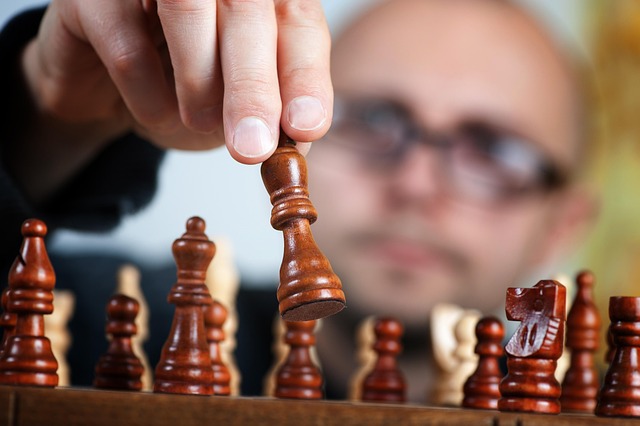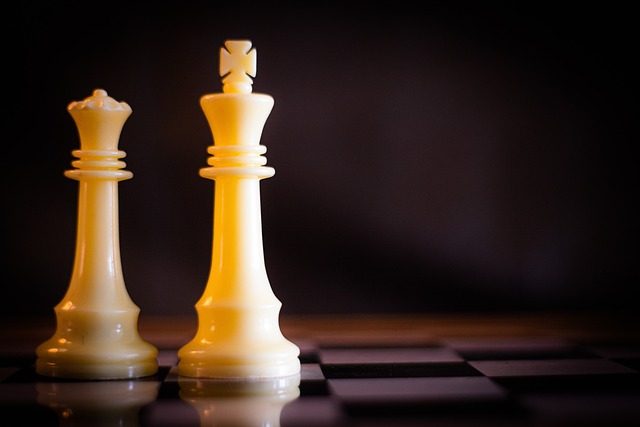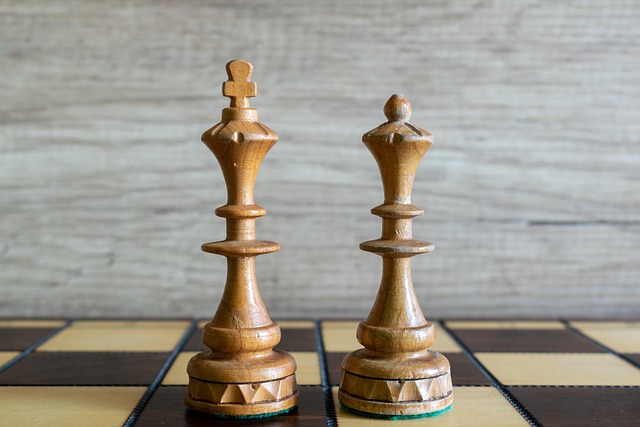The Power of Strategic Teamwork in Gaming: Lessons from eSports
In the dynamic world of gaming, one principle stands out: the importance of strategic teamwork. Titles in the eSports arena, from League of Legends to Counter-Strike: Global Offensive, reveal that the key to victory lies not just in individual prowess, but in the ability of a team to function in harmony. As we delve into the world of eSports, we uncover lessons that resonate beyond the digital battlefield and into our everyday interactions, whether in the office or on the playground.
Understanding Roles and Responsibilities
At the heart of effective strategic teamwork is a clear understanding of roles. In eSports, players typically specialize in roles that complement each other. For example, in a MOBA game, you might have assassins, tanks, and support classes, each with unique strengths. This specialization allows teams to execute complex strategies that can outmaneuver opponents. Similarly, in other environments, defining each member’s role can lead to a more efficient and cohesive unit.
Communication Is Key
Another hallmark of successful teams in eSports is their emphasis on communication. Top-tier players use callouts and strategies in real-time to adapt to changing circumstances. The ability to convey information quickly and effectively ensures that all team members are on the same page. This principle can be applied to any collaborative effort; clear communication can bridge gaps, mitigate misunderstandings, and lead to better outcomes.
Adaptability in Strategy
eSports championships are often won by teams that can adjust their strategies mid-game. When faced with unexpected challenges, successful teams show resilience by modifying their approach, learning from mistakes, and seizing opportunities to turn the tide. This adaptability highlights the fluid nature of strategic teamwork, reminding us that flexibility in our plans can lead to unexpected successes, whether in gaming or in the workplace.
Building Trust and Synergy
Effective strategic teamwork is built on a foundation of trust. eSports teams spend countless hours practicing together, forging bonds that translate into synergy during matches. This level of trust allows players to take risks and rely on one another’s skills, creating a seamless team dynamic. In life and professional settings, investing time in building relationships can enhance team performance and collaboration.
Celebrating the Wins and Learning from Losses
Every gamer knows the thrill of victory and the sting of defeat. eSports teaches us that celebrating wins is as important as analyzing losses. Teams that take the time to reflect on their performance, regardless of the outcome, foster a culture of continuous improvement. Embracing both successes and failures encourages growth, a principle that resonates across all areas of teamwork.
In the end, the lessons learned from strategic teamwork in eSports can elevate our approach to collaboration in all aspects of life. Whether you’re a casual gamer, a competitive player, or just someone working in a team environment, embracing these principles can lead to not only better performance but also more meaningful connections with your teammates.




